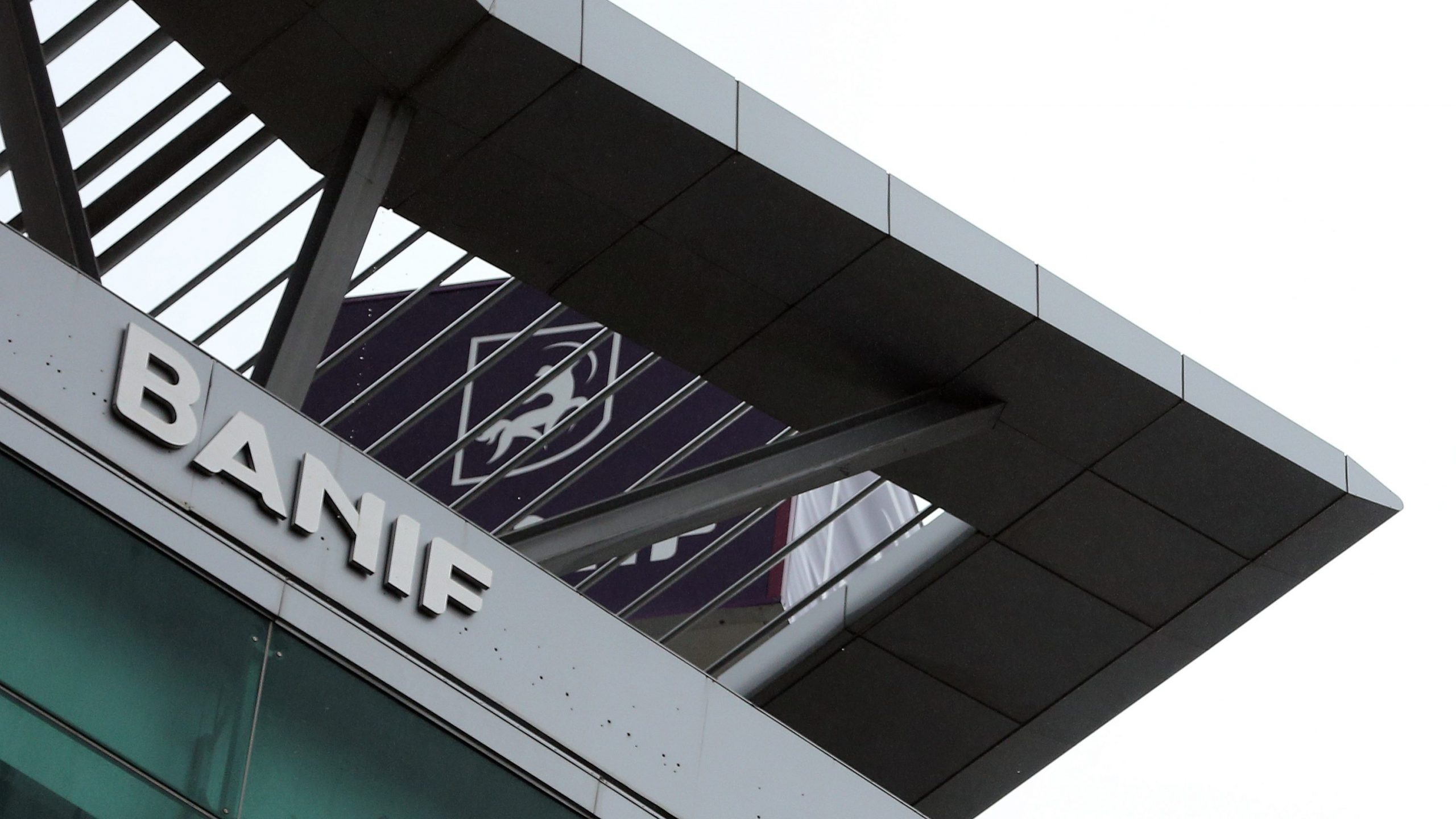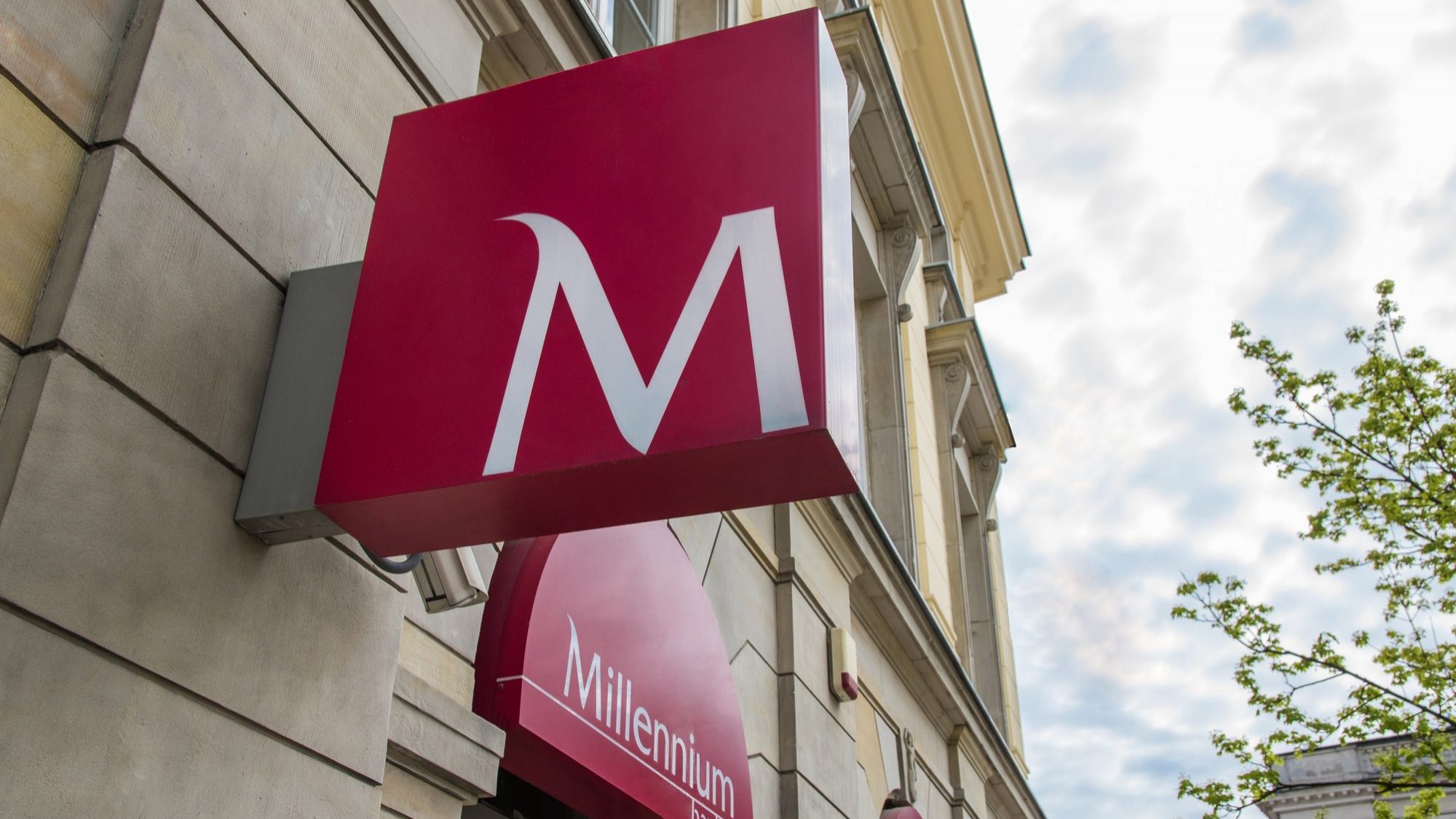Banif fails to sell bank in Brazil
Banif even had an agreement to sell the Brazilian bank for 1 Brazilian real, but the deal with a Brazilian lawyer fell through.
Banif even had an agreement to sell the bank it owns in Brazil for one Brazilian real to a Brazilian lawyer. However, the deal fell through, leading the Portuguese bank to open a litigation case against Siqueira Castro, who had a purchase option that ended up not materialising. The liquidation commission says it already has another buyer. But if the sale fails again, it will ask for the license to be revoked.
It was at the end of October 2021 that Banif, when it was preparing to ask the central bank to revoke its banking license, received a tip from its advisor in Brazil about the potential interest of a Brazilian credit institution, particularly “in the tax credits recorded in the balance sheet and which are the only relevant asset of Banco Banif Brasil,” as described in the 2020 annual report just published.
The negotiations were quick: the following month, on November 12, the contract for the purchase and sale of Banif Brasil was signed, with the deal still underway dependent on in-depth analysis (due diligence) and regulatory authorisations.
Despite the speed of the process, the liquidation commission does not take the sale for granted, on the contrary: the outcome of the deal “remains uncertain”. It justifies that contingencies have arisen that were not known and that “especially affect companies controlled by Banif Brasil, but for which it is responsible. It is “likely” that only with Banif assuming some of these contingencies will it be “possible to complete the desired transaction”, something which will be difficult to achieve given the “limited resources” available to the winding up committee in terms of guarantees to the purchaser.
In this scenario, Banif, which is in the process of liquidation, admits that if the sale fails again, “it will be inevitable to opt for the scenario of a request for the revocation of the banking licence by the Bacen [Brazilian Central Bank] and its consequent exit from the financial system”.
Banif takes legal action against lawyer
This is not the first, or second time that Banif has tried to sell the bank in Brazil. This process has been dragging on since 2016, shortly after the resolution measure applied in December 2015.
At the beginning of 2019 an agreement was reached to sell Banif Brasil to Siqueira Castro, a partner at one of the largest law firms in São Paulo, with the signing of an option contract to buy and sell the banking institution for one Brazilian real, as Jornal de Negócios reported at the time. The operation involved Oitante, the vehicle that was left to manage Banif’s assets that were not bought by Santander Totta, which transferred some credits to the Brazilian institution to be converted into capital.
Siqueira Castro was then given a two-year period to exercise the option until January 28, 2021. Banif believes that the lawyer actually exercised the call option on December 3, 2020, when he indicated the name of a third investor, Roberto Leme Chica, a Brazilian businessman from Ribeirão Preto, who would acquired Banif Brasil.
Everything was practically settled with this businessman, but at the last minute, Leme Chica “invoked reasons that had no legal and factual basis and declared he had lost interest in acquiring the bank, supposedly because he had become aware of increased financial and legal contingencies,” Banif explained.
With this failure, the liquidation committee had no other option but to understand that the exercise of the purchase option “could not be considered to have been carried out, effectively and in good faith” by Siqueira Castro, with the lawyer responsible for appointing a third investor who “in the end had no conditions or real intention of buying the institution”.
Therefore, the bank opened a litigation case against Siqueira Castro, in a process that is still ongoing, while seeking “reasonable compensation” for the costs he incurred with Banif Brasil and the time lost in the process.


